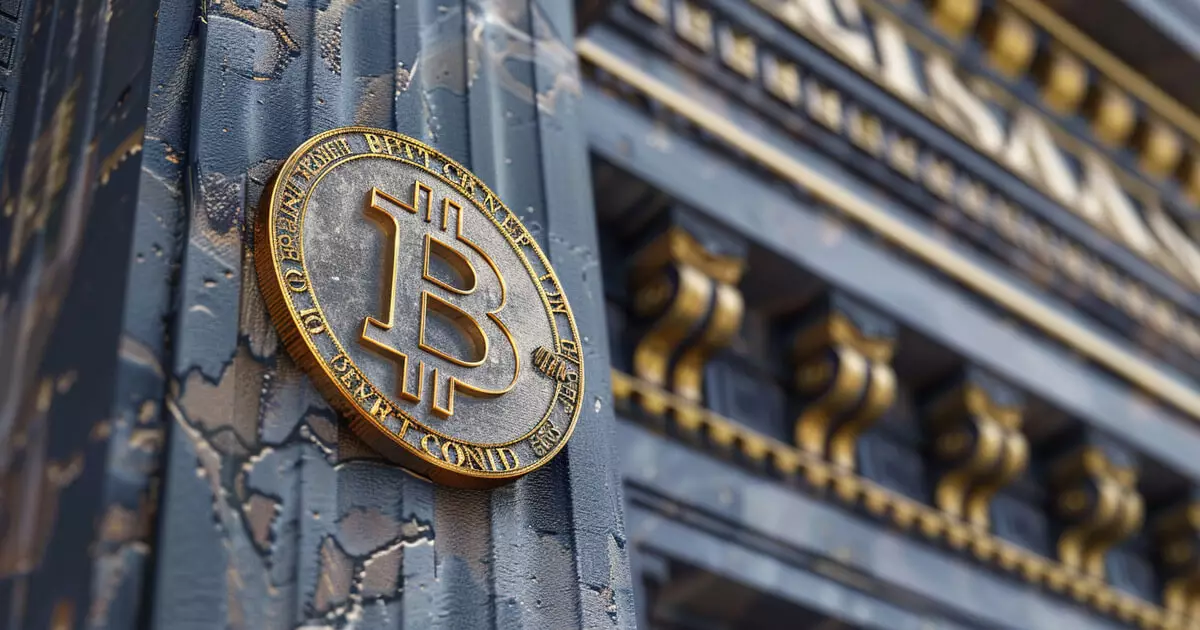In recent years, the burgeoning field of cryptocurrency has seen an influx of hedge funds attempting to capitalize on this volatile market. However, a report by The Wall Street Journal on December 20 has illuminated a significant challenge: approximately 120 of these funds have experienced difficulties in securing banking services. This percentage accounts for around 75% of the 160 hedge funds surveyed by the Alternative Investment Management Association (AIMA). Interestingly, other asset classes, such as real estate and private equity, did not report similar banking hurdles, highlighting a distinct divide in the experiences of traditional and crypto-focused investment vehicles.
The banking issues faced by crypto hedge funds have been varied, ranging from ambiguous communication with financial institutions to the more severe consequence of terminating longstanding relationships. Alarmingly, more than half of the affected funds encountered explicit notifications from their respective banks indicating an intention to sever ties. Yet, often the rationales behind these decisions remain nebulous, which raises questions about transparency in banking protocols. When banks did provide clarifications, the reasoning typically revolved around an inclination to limit exposure to the crypto sector—an indicative marker of the current climate surrounding cryptocurrencies.
John D’Agostino, an influential figure within the crypto community and head of institutional sales at Coinbase, has pointed out that while these hedge funds ultimately secured new banking relationships, they often turned to smaller and regional banks. This transition reflects a notable shift within the ecosystem, suggesting that mainstream financial institutions are withdrawing support while niche banks are stepping in to fill the void. The challenges posed by corporate banking are now forcing crypto hedge funds to forge new paths, which could affect their operations and investment strategies.
In the backdrop of these banking difficulties looms an alleged initiative dubbed “Operation Chokepoint 2.0,” purportedly orchestrated by the Biden administration. This campaign is rumored to aim at stifling the cryptocurrency industry by restricting its access to banking facilities. High-profile figures like Coinbase’s chief legal officer, Paul Grewal, have referenced documents acquired through a Freedom of Information Act (FOIA) request. These letters, sent by the Federal Deposit Insurance Corporation (FDIC) to various financial institutions, reportedly urged them to discontinue or limit crypto-related activities.
Caitlin Long, CEO of Custodia Bank, has echoed these sentiments, indicating that such correspondence represents concerted efforts to undermine the crypto industry’s potential within the United States. The AIMA survey strengthens this narrative, raising alarms about the future viability of crypto hedge funds in the current banking environment. Austin Campbell, CEO of WSPN, has identified these findings as critical evidence supporting the existence of an organized campaign against the industry. If such systemic barriers persist, they may not only hinder the growth of crypto hedge funds but could also deter new entrants into the sector, ultimately impacting innovation and investment within this transformative space. The intersection of cryptocurrency and traditional banking appears to be a contentious battleground, and the outcome remains uncertain.

